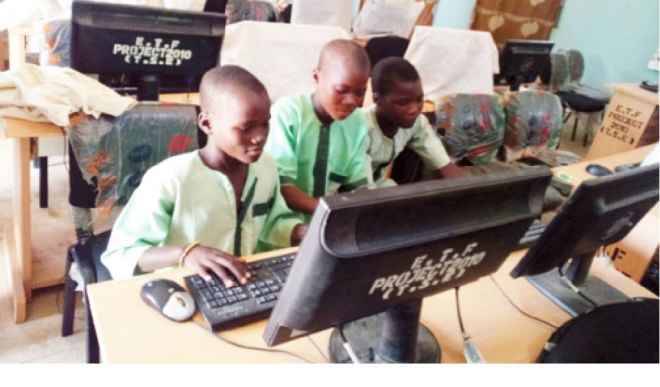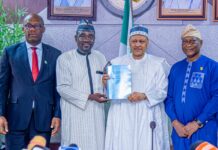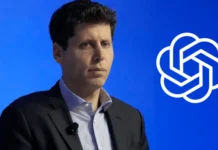Almajiris benefiting from FG’s digital literacy programme – NITDA
TECHDIGEST – The National Information Technology Development Agency (NITDA) has disclosed that Children are not left out in the Federal Government efforts toward promoting digital literacy across the country.
The Agency said that the programme even covers the Almajiris and believes that the digital literacy agenda have started yielding results, indicating that 95 per cent digital literacy target by 2030 is achievable.
The Director General of NITDA, Kashifu Inuwa, made this known at the graduation ceremony of 50 children, including 10 Almajiris at the Engausa Global Tech Hub in Kano State.
The young children were subjected to extensive training for two-weeks on innovative digital skills on Computer Networking, Installation of CCTV camera, Graphic Design, innovative creativity, among others.
Engausa Global Tech Hub is an Incubation centre, currently working in collaboration with NITDA in Kano, where young boys are being subjected to extensive training at their early stage, using Hausa language in building their skills on digital technology.
Inuwa said that the centre had in 2021 trained over 700 young boys who were selected from various rural communities in the state, adding that he was very happy that the centre has cooped young Almajiris into the system.
“We have been collaborating with Engausa like the founder said. As a result of intervention we have done for the centre last year, they had multiplied the number of people they trained. In 2021 they trained more than 700 people in this centre as a result of this collaboration,” he said.
Kashifu added that the agency have been expanding the collaboration and we are going to do more with them this year to see how we can help the less privileged children to have access to digital technology.
“One of our mandate is to implement the policy under the National Digital Economy Policy for digital Nigeria to logical conclusion in achieving the 95 per cent digital literacy by 2030. You know government cannot do it alone, we need to partner with centres like Engausa to achieve this. So, we are working with them to even expand this centre beyond Kano to other States and also to see how we can equip them more,” DG added.
Explaining further, Kashifu said; “we are also looking at how we can assist the children who have participated in this programme to start their own businesses.”
Earlier, the founder of the centre, Mr Mustapha Ringim, said the centre was out to bridge the productivity gap among the young people, especially those who cannot make it in formal school. “I realised that there are a lot of things that I can offer to the community concerning breaking some barriers and bridging some gaps which are limiting the productivity of our youth, especially the downtrodden ones at the grassroot, the Almajiris, and school-drop-outs who cannot continue their studies due to lack of proficiency in English Language, among other things,” he said.
Ringing said he realised that Language should not be a barrier to achieving one’s dream, especially when it comes to global world.
He argued that there are lot of developments in countries which are not using English Language as medium of learning skills, like European countries where English is not well spoken but still technology, innovation and creativity is flourishing in those countries.
“So, I realised that English Language is not the only medium of learning skills, it is not the only medium of prosperity when it comes to knowledge and when it comes to practicing what you know.
That is why I break the language barrier of English and domesticated the technology and the skills I have in me so that the people will easily tap from my knowledge through the use of Hausa language for better understanding of the subject matter,” he explained.
Source: Tech economy.ng
















